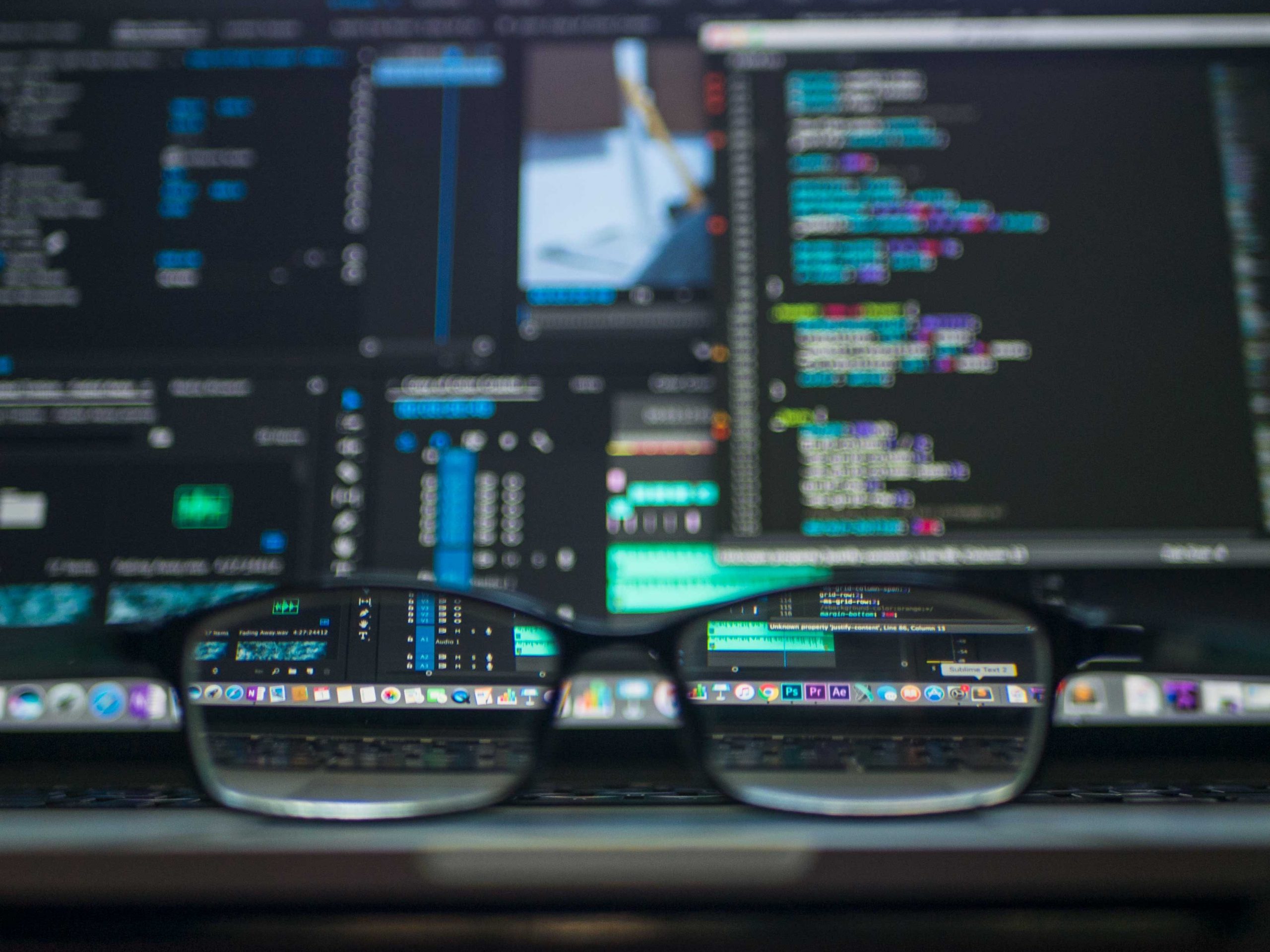trust
/trʌst/
noun
firm belief in the reliability, truth, or ability of someone or something.
artificial intelligence
/ˌɑː(r)tɪˈfɪʃ(ə)l/ /ɪnˈtelɪdʒ(ə)ns/noun
the theory and development of computer systems able to perform tasks normally requiring human intelligence, such as visual perception, speech recognition, decision-making, and translation between languages
We all like new technology. We’ve seen the way smartphones, digital payments, and even data driven car navigation programs that avoid traffic have impacted our day-to-day lives. Artificial Intelligence is a concept we’ve all heard of before – for some of us that’s in the realm of our work, for others it’s out of personal interest, and for some – the 2001 Steven Spielberg film A.I. about an AI driven humanoid robot is as close as it gets.
Regardless of where we are on our personal knowledge of AI - we’re on the cusp of AI making waves in many areas of our lives – with the financial sector playing a big role. We’ve arrived at a general consensus on what AI’s first targets will be in the financial space – credit decisions, risk management, fraud prevention, trading, process automation, and the one that will affect all of us in the course of our daily lives – personalized banking. There’s no question that AI has the potential to make processes and services more bespoke, faster, and more efficient. Already, we are seeing banks provide Robo-advisory services to all consumer tiers - at a level of personalized attention that just five years ago was reserved only for the highest tier of private wealth clients. The democratization of financial services and the ensuing societal shift is just one way in which AI can be put towards good use. AI in finance is already being applied to other impact areas – such as in sustainable finance for social good – and also by using other integrated technologies such as IoT enabled devices to further use real-time data to come to economically and environmentally favorable decisions in areas such as agri-finance.
In order for this revolutionary technology to make the impact it has the potential to – it needs to enjoy one key thing, which we can’t touch, hold, or manufacture – trust. Our collective trust. We need to feel that this machine – which listens, speaks, makes decisions for us and will increasingly react to us in the way we expect other flesh and blood humans to, has our best interest at its cold, mechanical heart. The questions we must answer are – how much do we need to trust in this to build a quorum for the application of these technologies? How transparent do the processes need to be – are proprietary algorithms – which might have discriminatory base coding, to be allowed? Where can a machine do better than us – and where do you still need the ‘ human touch?’
Moreover: What does trust even mean to us? Is it just about Risk management? Or do we include ethics, behavioral economics, and neuro-financial considerations? It’s a new beginning, and we need to step up to make sure the digital revolution works for us all.
We are working hard at being the platform that helps lead the voices that have inspiring stories to share – Join us this Friday at the new ING campus in Amsterdam for our trust & AI MeetUp!
Written by: Martijn Bos
About the Author: Martijn is the head of partnerships and content at Holland Fintech.


